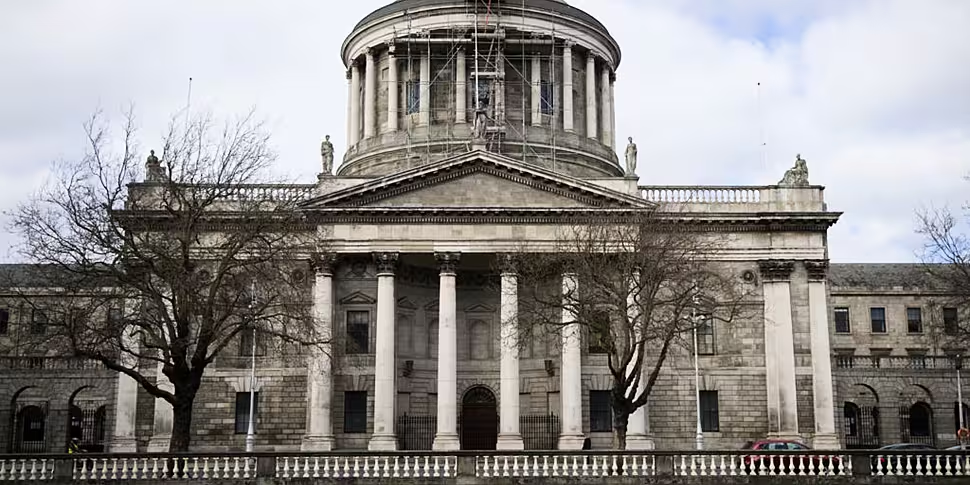The Minister for Justice Charlie Flanagan has welcomed a court ruling today overturning a High Court decision on the citizenship process in Ireland.
In July, the High Court rejected a citizenship application by an Australian man as under current rules, a person must have "one year's continuous residence in the State" before applying to become a citizen.
The court interpreted “continuous” as meaning “unbroken and uninterrupted” under its dictionary definition.
Roderick Jones, who works in the university sector, had been outside the country for 100 days before applying to become an Irish citizen.
This included 97 days for holidays and three for work.
Mr Justice Max Barrett ruled in that case that while it may seem “unfair” in a world where people regularly travel abroad for work and holidays, the law was clear.
However, Mr Jones was successful in the Court of Appeal today, with the court ruling that there had been an error in how “continuous residence” was interpreted in the preceding ruling.
It also said that the High Court judgment had been “unworkable", "overly literal” and “unduly rigid”.
Mr Flanagan said that he would study the judgment in the coming days but welcomed today’s decision.
He said: “I understand that, for applicants, their families and their friends, the past few months will have been quite stressful.
“Today, the Court has provided legal clarity, and upheld the lawfulness of our residency rules governing citizenship through naturalisation.
He said that the processing of applications has continued since July and that he and his officials were doing “everything possible” to organise a Citizenship Ceremony for December
The Department will provide at least four weeks’ notice in advance of ceremonies to allow applicants to make arrangements, he said.









